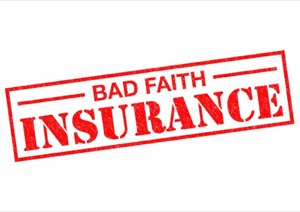
When somebody acquires a home, it is recommended to likewise obtain a comprehensive insurance policy for a myriad of protections. A policy could shield from fires, floods, theft, as well as comparable concerns. Nevertheless, it is critical to know what sorts of security are not provided in these types of coverage too.
If there is a requirement for additional insurance, it should be bought, yet the policy has to be understood, or it is feasible, to get an insurance provider where gaps may exist such as smoke or fire damages or theft of just particular goods. Standard insurance coverage might not be suitable for particular areas around the USA.
The standard policy that a new homeowner purchases usually covers whatever he or she may think about, however, this is not always sufficient based on what may go wrong. The theft policy may only cover small products such as radios, books, as well as digital gizmos, but the larger purchases may be exempt from this policy. Vandalism generally covers any type of damage, however, if theft is not part of the deed, anything stolen may not be compensated. Weather condition may include fire, wind, lightning, and similar problems, yet it may not cover flooded areas with extensive rains. And also, there are times when other issues occur that the homeowners may not have thought can happen in his or her place.

 Kentucky ERISA Disability & Life Insurance Claim Lawyers
Kentucky ERISA Disability & Life Insurance Claim Lawyers







